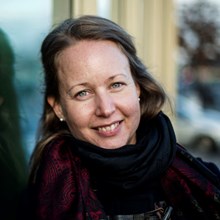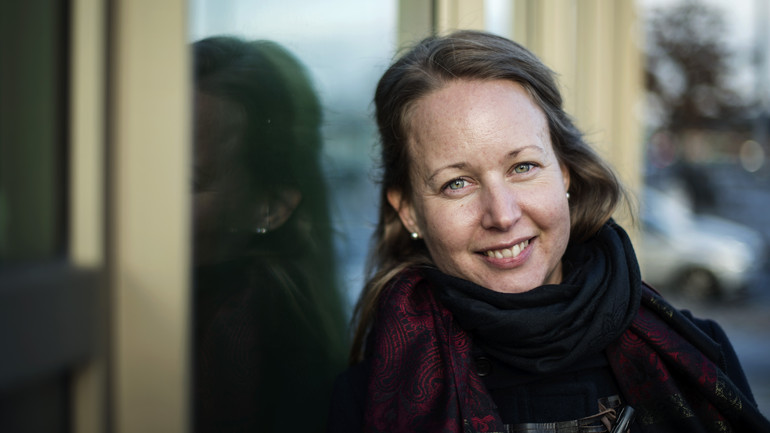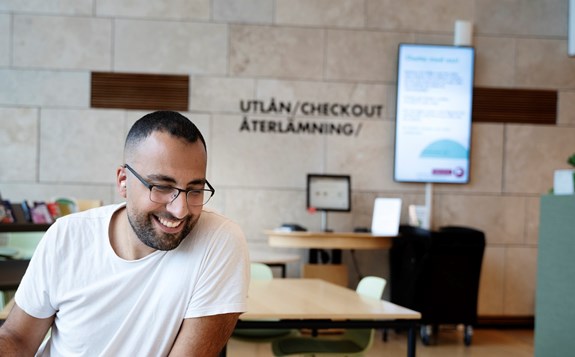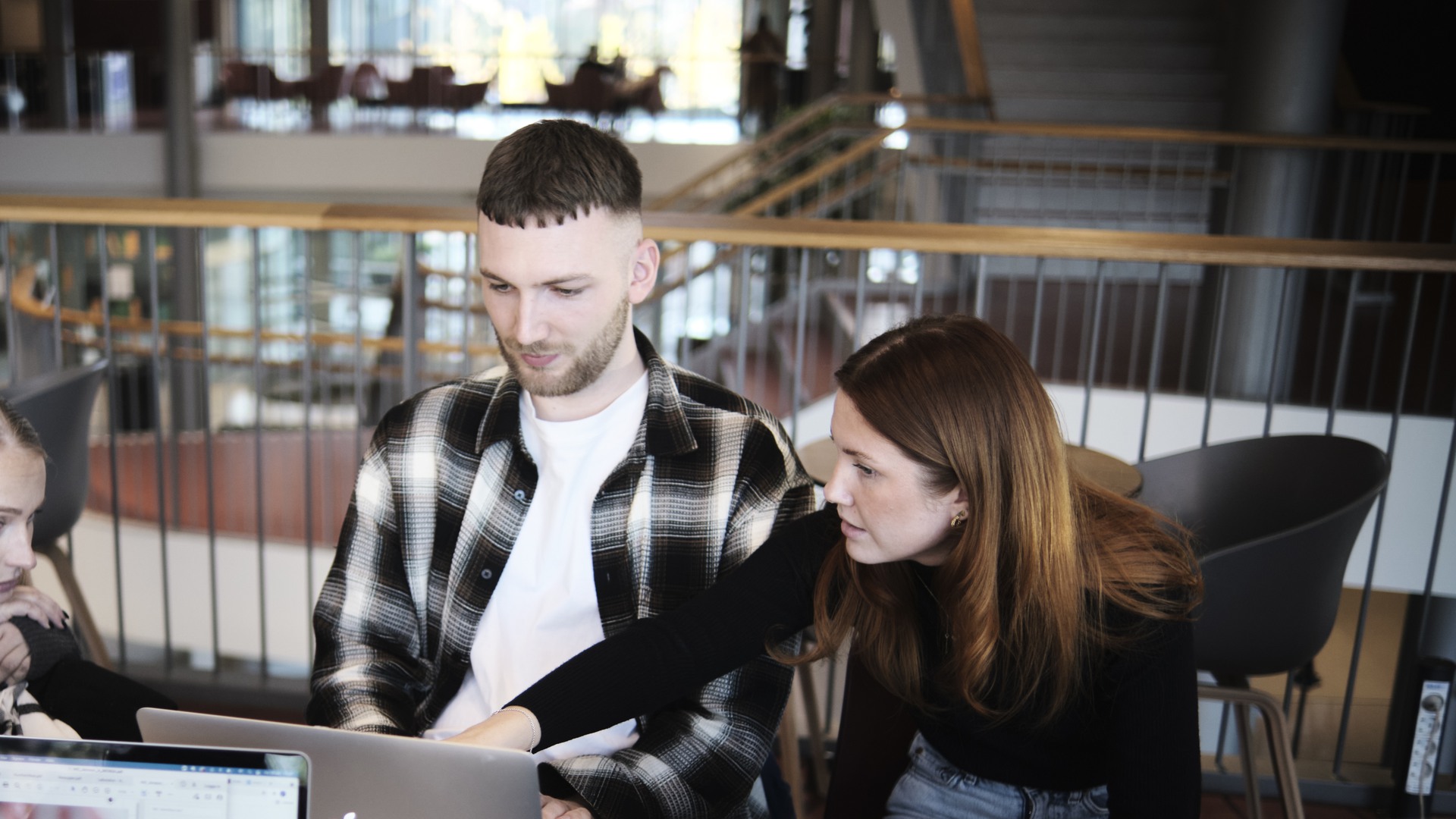Seize opportunities, and use your studies to grow
Get hands-on experience, travel and get involved. Sofie Dahl has plenty of recommendations for students interested in studying, and working with, international migration. Just a few years after finishing her studies, she has landed the job she aspired to and has new ambitions to work internationally.
After spending time in Vietnam, Hong Kong and Georgia, this Swede is back home. Sofie is now working as a case officer for the Swedish Migration Agency and would recommend it to everyone who wants to work hands-on with migration issues.
“You never get bored in this kind of profession, there is always a chance to develop, get a career or work internationally.”
Encouraging independence
Sofie uses the social science approach to critical thinking as one example of what she has taken with her from the programme.
“It is a very applicable thing, critical thinking. To consider yourself and your own role – in how we communicate, act and express ourselves. Being critical of unwritten rules and having the ability to think outside of the old framework is vital.
“This job is challenging in a good way. There is a lot going on and you have to learn and adapt. In addition to working with different parts of the asylum process, I also get to incorporate different fields of responsibility. In my current position, I am also the contact person for issues involving human trafficking, so there are always new challenges ahead.”
Complemented the education with practical experience
During her time at Malmö University, Sofie took advantage of the study abroad programme and did a semester in Hong Kong. She also did project work in Georgia financed by a scholarship from the Swedish Institute.
“If there is any advice I could have given to myself when I was a student, it would be to take advantage of all the possibilities you have. There are a lot of scholarships, internships and courses available that can give you some great experiences and deepen your knowledge. Seize those opportunities, and use your studies to grow.
“Apart from my time in Hong Kong and Georgia, I also studied in Vietnam for a semester, and did an internship at the UN refugee agency, UNHCR, in Malaysia. Back in Sweden, I volunteered at the organisations Individuell Människohjälp and the Hunger Project. Getting involved is a great opportunity to learn more."








